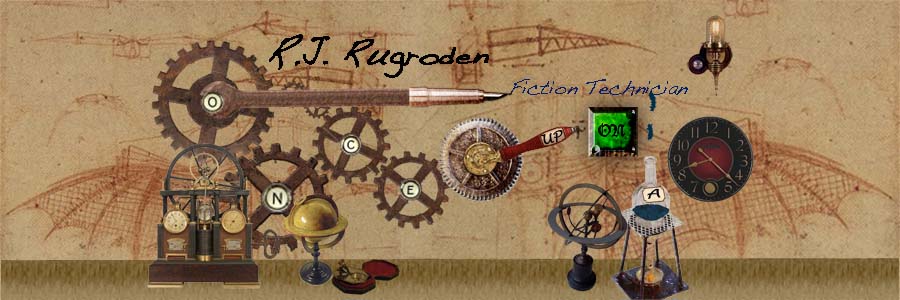 |
| Reading is Like Eating Vegetables |
I talked with a friend recently who showed me her writing. When I asked her how much she read, she said that she's not really a reader and finding time to read is difficult.
I totally understand that excuse, having once been in that mindset myself. Writing is just putting words onto a computer, right? So why do I need to read? Wouldn't reading take time away from my writing?
The truth is, reading is what helps fuel the fire of inspiration. A lot of writers wait for inspiration to strike before writing. I know that if you want to make it as a professional writer, you can't wait for inspiration. But you can give yourself more inspiration by reading.
Excuses I used to have against reading:
1. It takes too much time, and I'd rather be writing.
2. There aren't any books I want to read. That's why I'm a writer: I'm writing the book that I want to read.
3. There's no way to know if a book will be worth my time or not.
4. Subconsciously: Any book I read that's good only makes me jealous.
5. Books are too expensive and/or heavy.
I made my New Year's resolution to read at least two books per month, if not more. It is now the beginning of March and I'm happy to say I have kept to that resolution. (I hope soon to increase my reading to one book per week.)
Reading more has made an incredible difference. I was lacking voice and had no idea how to teach myself that. But now after reading a few different authors and recognizing their different voices, I've begun to cultivate a voice of my own.
Voice is one of those tricky things in writing that's hard to define, nearly impossible to teach, and will make or break a book. If writing was a religion, voice would be the straight and narrow path that few find which leads to everlasting writing.
So if voice is so important and so difficult to learn, and reading teaches us about voice, why are there so many excuses against taking the time to read?
Here are some things I've found help me combat the stubborn lies about reading that keep me from enjoying fabulous books:
1. Reading a book will ALWAYS be worth my time.
2. Reading doesn't actually take all that long. Even if I only spend five minutes per day (you can find five minutes to read, can't you?), it's worth it.
3. Books don't have to be expensive or heavy. There are Libraries, eBooks which are cheaper (and more portable), and secondhand book stores. I tend to browse bookstores for ideas of what to read and of what's current, then go to the Library or secondhand stores to actually buy the books (or see if they're cheaper online).
4. If I really don't have time to read at all, then I need to get audiobooks. I can at least listen in the car on my way to and from work.
5. If I feel jealous or spiteful towards a book because it's better than my own writing, then that's actually a good thing. It means I'm expanding my horizons, making myself uncomfortable, and getting a bigger perspective on how good writing can actually be. Reading raises the bar of what I expect from my own writing.
6. If I don't read, my writing dies. And I don't want that to happen, right?
For awhile I set an alarm on my phone to go off every evening, reminding me to take at least ten minutes to read. Whatever I was in the middle of, I'd stop and take ten minutes. If after ten minutes I still wasn't in the mood to read, I would stop and continue what I had been doing. More often, though, I was able to keep reading and voila! I had just found time in my day to read a chapter or two.
The truth is, if something is important enough in my life, I will make time for it. If writing is really important to me, then I will make time for the things that support my writing lifestyle, like reading.
